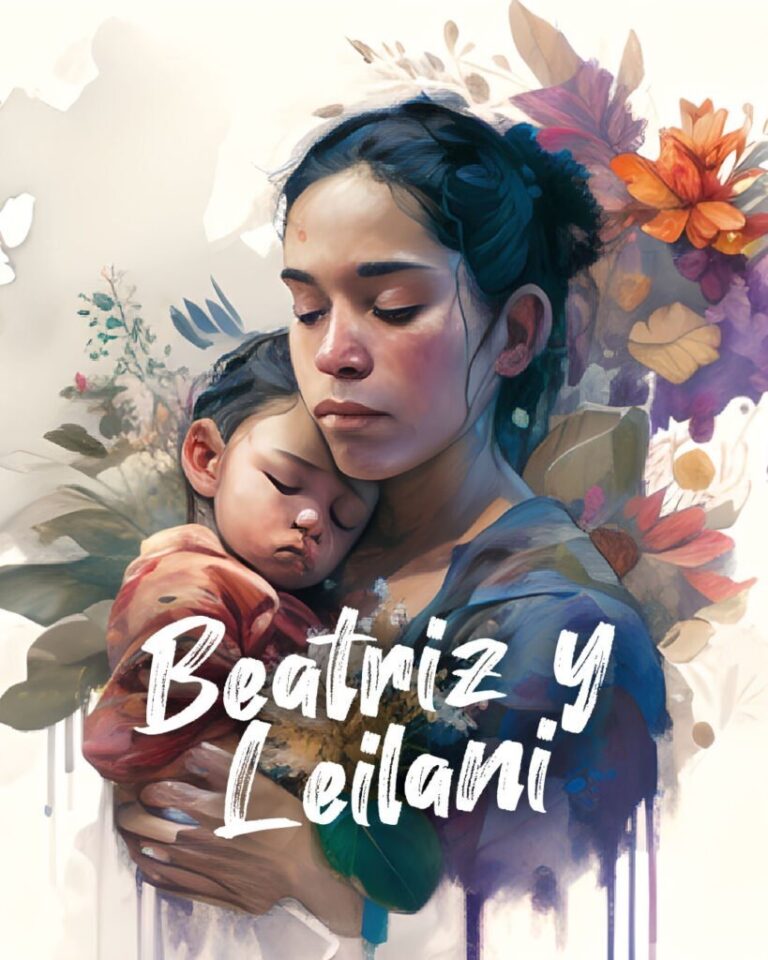Editor’s Note: Mel Gibson recently shocked Joe Rogan by referencing abortion by its proper name: “human sacrifice.” The killing of newborns for reasons both religious and personal has, sadly, been the norm for most of human history. The coming of Christianity ended this barbarity throughout much of the world, but it has now made a comeback.
We cherish children because of Christmas.
Many pre-Christian civilizations practiced ritual child sacrifice. From the Carthage of Hannibal in northern Africa to the empire of the Aztecs, the slaughter of the innocents to placate angry gods went on throughout the year around the world.
“Not every individual pagan is guilty of the hatred of children,” writes John Saward in The Way of the Lamb, “But most pagan cultures tolerate the murder of children: if not by cult, then through abortion and infanticide.”
Before the coming of Christ, even the wisest among the pagans considered the child an incomplete human, an inferior being, little more than a piece of property.
The Greek philosopher Plato put children in the same social category as slaves and animals, as well as women. Both Plato and Aristotle actually commended abortion and infanticide.
In the Roman Empire, abortion and infanticide reached horrific proportions. As the philosopher Seneca said, getting rid of useless children was simply “the reasonable thing to do.” In ancient China, girl infants were abandoned and left to die by the hundreds of thousands each year.
“When the Good News was new, abortion and even infanticide were commonplace in the culture, requiring little deliberation,” writes Mike Aquilina. “In all of history, only one culture had forbidden these practices—that of the Jews….Every other nation, every other empire, every other kingdom, every other people—the Assyrians, the Babylonians, the Hittites, the Greeks, the Romans—routinely killed their young.”
The Christ Child himself was almost sacrificed to evil. The infant Jesus had to be whisked away into exile to avoid the slaughter of the Holy Innocents [see Matt 2:16-18]. Years later, as he preached the Gospel, he taught us not to degrade children but to delight in them “for to such belongs the kingdom of God” [see Luke18:15-17].
G.K. Chesterton, in The Everlasting Man, points out how radical a paradigm shift this was: “The pagan world, as such, would not have understood any such thing as a serious suggestion that a child is higher or holier than a man. It would have seemed like the suggestion that a tadpole is higher or holier than a frog. To the merely rationalistic mind, it would sound like saying that a bud must be more beautiful than a flower or that an unripe apple must be better than a ripe one. If we wanted an example of the originality of the Gospel, we could hardly take a stronger or more startling one.”
Our understanding of the preciousness of human life from conception through gestation, from birth through childhood, is indeed a gift of Christmas.
Sadly, this understanding has been greatly eroded away by the increase of secularism in modern America. Secular elites discourage childbearing with hysterical rants about overpopulation, resource scarcity, and climate catastrophe.
The natural affection of parents for their children can also undermined by warnings about the cost of raising and educating children. In our insecurities, we are susceptible to the subtle infiltration of evil that culminates in the death of children.
We must once again trust in the Child of Christmas. We must once again realize that in procreation is prosperity and rejoice in children.
_______________________
Stephen C. Fischer is an independent writer with a degree in journalism from Northwestern University (1984), where he was president of the campus pro-life group. He welcomes all people of good will to check out his new Facebook page, “The Catholic Difference.”
An earlier version of this piece was posted on Mr. Fischer’s page on December 27, 2024.








